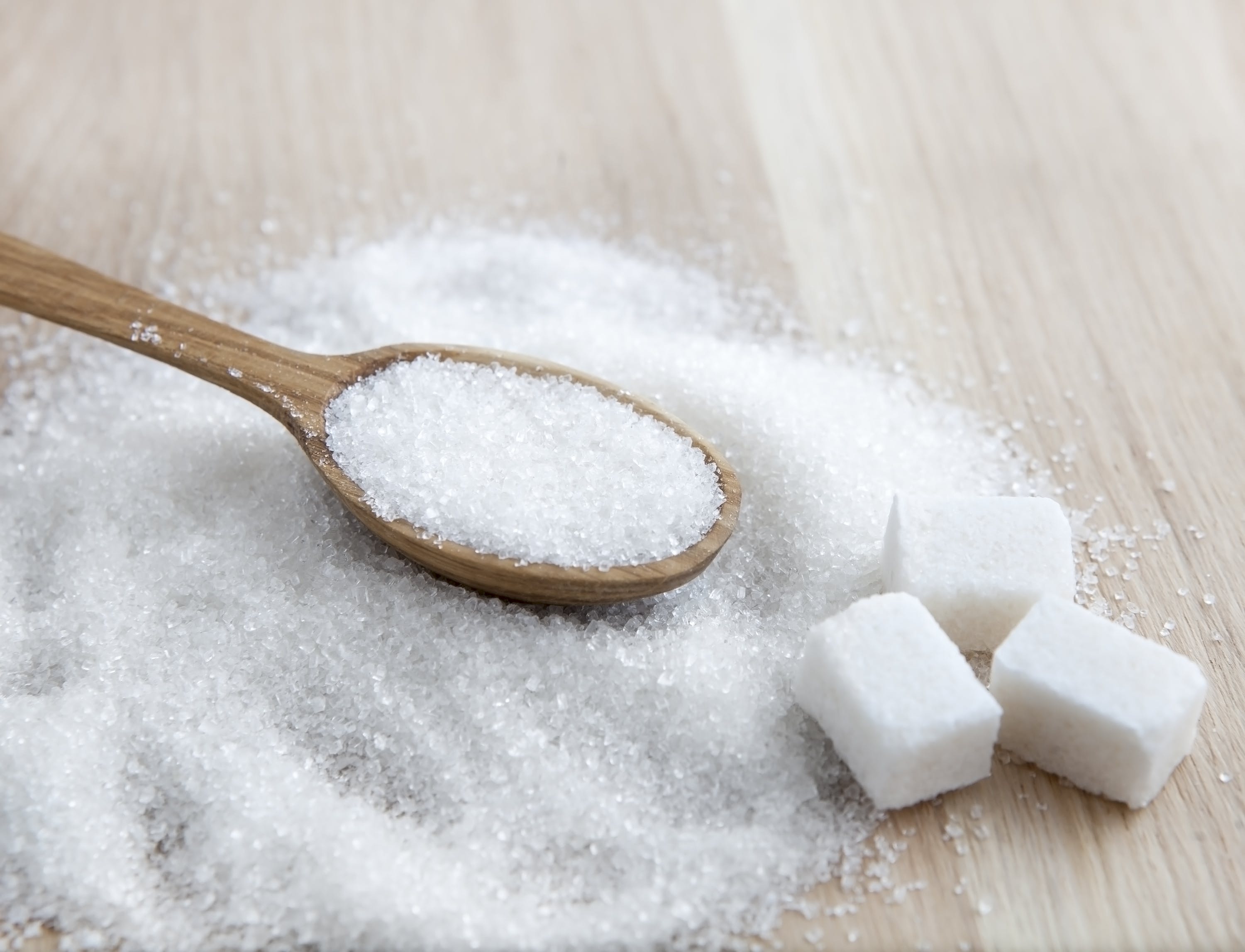Eating excessively sugary foods can lead to a multitude of health problems, from obesity and heart disease to fatty liver disease and type 2 diabetes. But can it also increase your risk for breast cancer?
Sugar’s potential role in the development of breast cancer made headlines across social media platforms and news stations earlier this year.
“Sugar in Western Diets Increases Risk for Breast Cancer Tumors and Metastasis”
“Sugar Intake May Increase Risk for Breast Cancer”
“The Common Dietary Ingredient May Increase Breast Cancer and Lung Metastasis Risk”
When these headlines went public, there were discussions suggesting that sugar not only causes cancer, but it can also increase the rate at which the cancer spreads. NBC and CBS even went as far as to blame sugar consumption for causing more advanced cancers. However, while sugar and sugary foods have been proven to wreak havoc on our bodies, no studies thus far have concluded that excess sugar intake directly causes breast cancer. The reality is that we have very little data linking certain foods to the spread of cancer and no scientific evidence proving that sugar, itself, leads to breast cancer.
This fear of sugar and its possible link to breast cancer was caused by a preliminary animal study on mice at the University of Texas MD Anderson Cancer Center. While the study showed that 50 to 58 percent of the mice on the sugar-enriched diet developed mammary tumors, further investigations are necessary to prove whether or not sugar can directly cause breast cancer.
The inconclusive study doesn’t mean, however, that we can eat all the sugary foods we want without having to worry about the consequences. According to the American Cancer Society, sugar doesn’t make cancer cells grow faster but it leads to other health conditions, such as obesity, that can increase your risk for cancer. On top of that, excess sugar intake puts you at greater risk for heart disease and type 2 diabetes.
With that being said, we have to watch our sugar intake carefully. The World Health Organization recommends that no more than five percent of our daily caloric intake should come from sugar. Our bodies actually need natural sugars from whole foods, such as fruits and vegetables, to properly function throughout the day. The sugars we want to avoid are those found in sweetened beverages and highly processed foods.
We shouldn’t be too quick to believe everything that comes across our newsfeed, especially in our modern day culture of information overload. Before making lifestyle changes, crosscheck the facts using trustworthy sources and consult with your physician. Your personal dietary changes should always stem from an honest look at your own individual need, health history, and long term goals, as well as proven scientific facts – not inflated news headlines.
Nutritional information
Recipe: Creamy Green Strawberry Dream Serving in this recipe:1
- Calories: 236.6
- Total Fat: 3.6 g 5.5%
- Saturated Fat: 0.4 g 1.9%
- Cholesterol: 0 mg 0%
- Sodium: 358.7 mg 14.9%
- Total Carbs: 45.7 g 15.2%
- Dietary Fiber: 9.9 g 39.4%
- Sugar: 22.1 g
- Protein: 8.1 g 16.2%
- Vitamin A: 481.9% Vitamin C: 244.1%
- Calcium: 68.5% Iron: 26.1%
* Percent Daily Values are based on a 2,000 calorie diet. Your daily values may be higher or lower depending on your calorie needs.




























